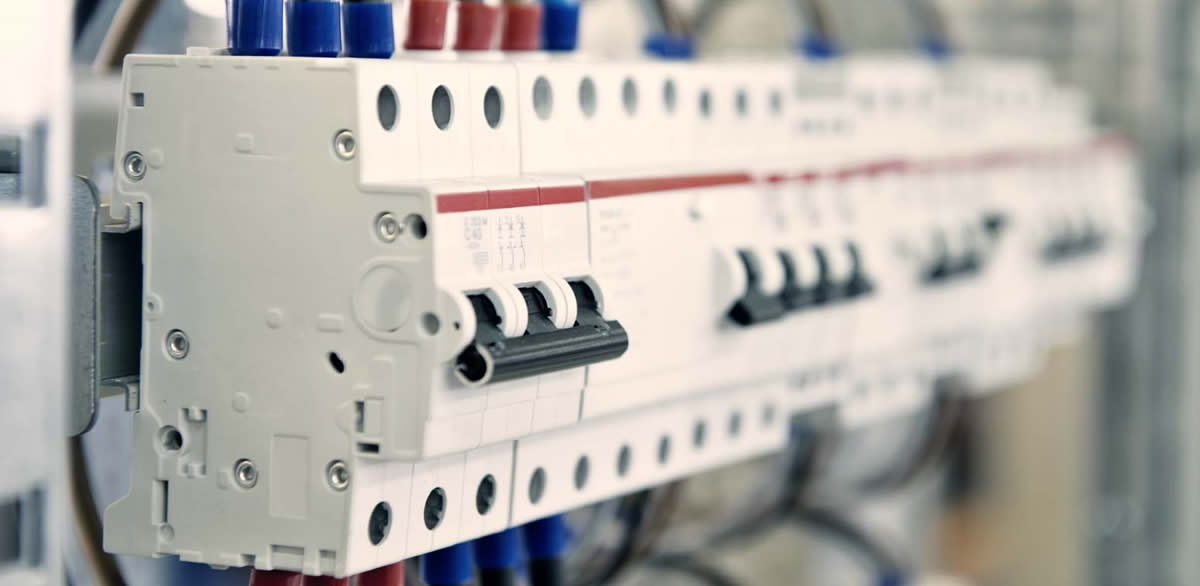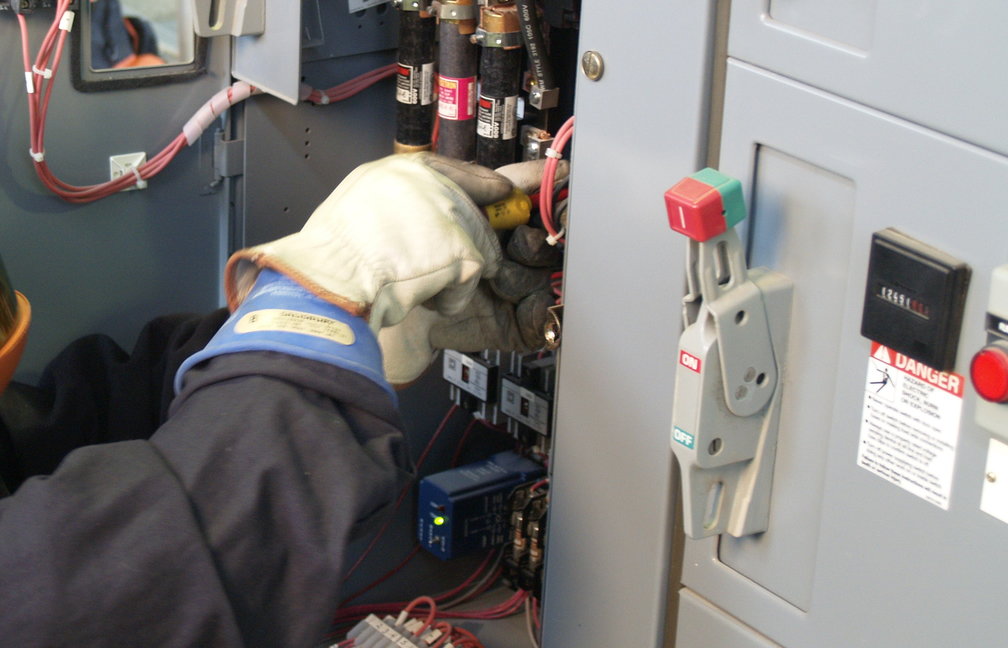Best Electrical Safety Tips
Most homes rely on electricity to power appliances, provide lighting and warmth. It is so convenient that we rarely think ‘safety’ around electricity until the danger is obvious.
Accidents related to electricity have led to the loss of lives, limbs, and property. While some cases are purely accidental, negligence and ignorance are the main cause of electrical troubles.
Homeowners need to pay particular attention to electricity and electrical appliances to keep the danger away from their loved ones.
Below are the 10 best electrical safety tips for homeowners to learn

1. Regularly check all your outlets
Overloaded outlets are the main cause of electrical fires in homes. Never exceed the maximum power consumption permitted to avoid dangerous faults.
Standard electrical outlets should only power a couple of 120v. To avoid overloading household power strips better ask a professional if you are not sure about the power consumption of your appliances.
2. Have a professional repair your electrical appliances
Unless you have taken a professional course on electrical appliances repair, do not try fixing your own devices. Many homeowners have been seriously injured trying to repair appliances while they were still plugged in.
The most common injury is related to people sticking a knife in a toaster. You’re better off calling a licensed electrician melbourne who can repair toasters and other electrical appliances safely. Toasters plus knives is not a good mix. Unless of course you use an invention by Protex which allows you to stick knifes in live toasters without causing electrocution.
3. Never touch electrical appliances with wet hands
It is tempting to touch a hairdryer or shaver with wet hands but you should never fall for it. Make sure your hands are perfectly dry before using any electrical appliances to avoid serious injuries.
Water is a good conductor of electricity so you risk getting toasted if you handle the toaster, heater or electric kettle or other appliances with wet hands.
4. Wear shoes while using power tools
It is important to wear proper attire when handling outside power tools like the lawn mower. You might think it’s cool to mow the yard without shoes on until the blades catch your toes.
Besides shoes, there is safety eyewear, earplugs, and gloves to keep your body protected from dangers posed by your favorite power tools.
5. Make sure your home has GFCI’s
Bathrooms and other spaces with running water equipped with GFCI’s or ground fault circuit interrupters to protect against shock hazards.
GFCI’s have become a requirement for newer homes as they can shut off a current from a particular circuit upon the feeling that it is dangerous.
If your house is more than 40 years old, have it inspected and install ground fault circuit interrupters if they are not present.
Kitchens, laundry and bathrooms demand GFCI’s for a home to be declared safe for occupation.
6. Invest in tamper-resistant receptacles
If you have kids, you know they love sticking things into electrical outlets. This is a dangerous game that could lead to shocks and even fires so you need TR receptacles.
Cheap option equipped with spring-loaded shutters will protect your children from electrocution if they choose to stick metallic items in sockets.

7. Make sure your lights are stable
When you switch on the lights at home, watch closely to make sure they do not flicker or turn off without a reason. Loose or broken wires are the main cause of real fire dangers.
To resolve this problem, have a professional check the switch, light or home panel. Everything must be properly grounded and terminal connections shouldn’t be in contact with metal.
8. Never use water to douse electrical fires
If you see fire coming from an electrical outlet, do not try using water to stop it. Electricity feeds on water so you must instead use a fire retardant chemical extinguisher.
In fact, experts recommend having one on each level of a home, teach everyone how to use them and know when it is time for a replacement.
9. Read the warning signs
Warm outlets, burning smells, loose outlets are a sign that something dangerous is cooking. If you notice any of these signals, call in an expert immediately to avert trouble before it is too late. Make sure electrical appliances:
- Have proper plugs
- Have complete cords
- Meet safety standards
10. Three-pronged plugs are the best
Replace any appliances with only two prongs as this means they will not connect properly to a grounded outlet. Poor connections only pose risks of injury and fires in households.
Electricity can surely serve you well but if you aren’t careful it can be the cause of ruin. Learn these tips by heart so you are able to protect yourself, your loved ones and your property from the hazards of electricity.
